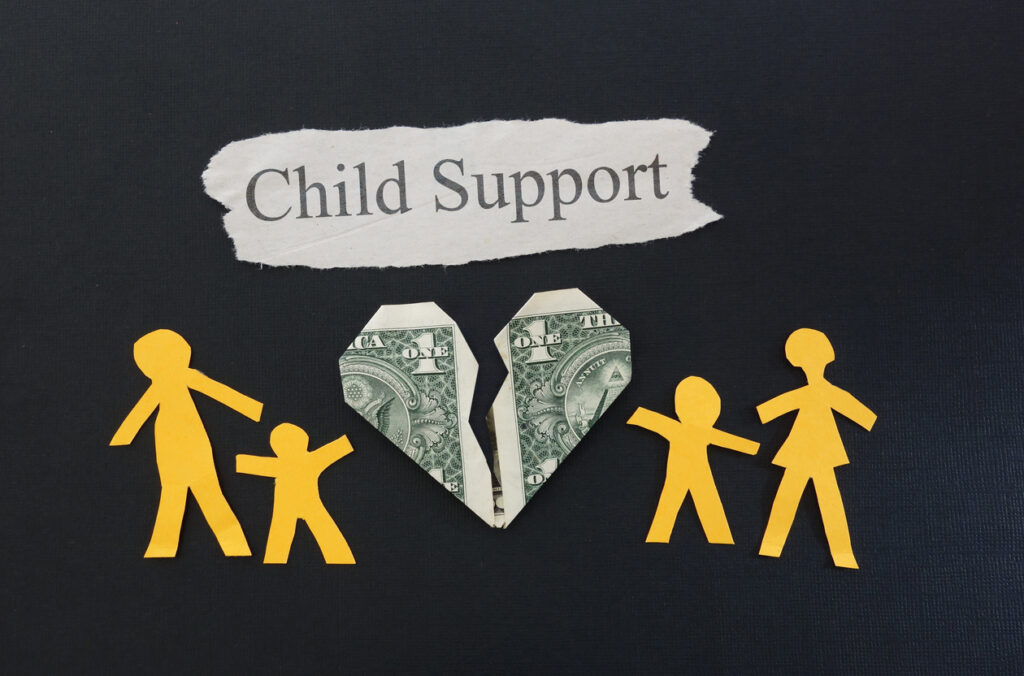Posts Tagged ‘court’
My Ex—Spouse is Not Abiding By the Custody Order, What Can I Do?
When you go in front of the mediator or a judge in your custody case, you receive a custody order that explains where the child should go, who makes decision for your child, and so much more. Consider this: Your ex-spouse receives a copy of the custody order detailing every bit of their visitation, but…
Read MoreWhen is Supervised Visitation the Most Appropriate Choice?
You’ve gotten divorced from your spouse and now you believe that their negative behavior is affecting your child in devastating ways. You don’t want this to follow them through their life, so you decide that maybe restricting their time with your child will benefit all sides. You’ve heard a bit about supervised visitation but might…
Read MoreDo You Have to Show up at Your Family Law Court Matter?
There are many aspects that play a huge role in family law cases. For instance, your divorce may include a child support hearing, spousal support hearing, and your final divorce hearing. You or your spouse may have limitations that could make it difficult for either of you to attend these hearings, so we will explain…
Read MoreDo Stepparents and Legal Parents Have the Same Amount of Rights?
In the past, two parents, both biological, would have rights over a child. Nobody else would be able to interfere with this. However, over the years many things have changed, and now you see a variety of cases where other parties are gaining rights over a child. One of these parties is stepparents, who play…
Read MoreIs the Child’s Preference Ever Considered in Divorce?
California Family Code Section 3042 states that a child that is of “sufficient age and capacity to reason” can sometimes form an intelligent preference as to custody and visitation. The court will sometimes take a look at what the child’s preferences are if they are at least 14 years old or older. If they are…
Read MoreMediation Myths: What You Absolutely Need to Know
At The Law Office of Soheila Azizi & Associates, we believe that mediation is sometimes the best way to resolve divorce matters, depending on the situation. Today we will look at a variety of myths that are sometimes visited when people are considering mediation, which may talk them out of the process. We want you…
Read MoreTemporary Restraining Order: When They Come Into Divorce
When you are going through a divorce, it can bring out a variety of emotions, some positive and some negative. Sometimes, due to these emotions or the history of your spouse, you may find that it is necessary to receive a temporary restraining order through the divorce process. Today we will look at some of…
Read MoreCalculating Child Support Can be a Widely Complex Process
Income Shares Model in California A variety of states handle child support calculations in different ways. In California, a process is used known as the income shares model. In this process, the court bases child support on the income of both parents as well as how many children they have. For instance, what if one…
Read MoreAnnulments When Your Marriage is Based on Fraud
What happens if you get married to somebody but then find out that they have misrepresented information and you are a victim of fraud – must you remain in the marriage? In many states, you do not have to present a reason for divorce, but cases of fraud in divorce are especially serious and, as…
Read MoreYou Need to Know How Domestic Violence Can Affect Divorce
Over the years, many states have been good about enacting laws that help those who have fallen victim to domestic violence in their marriages. Thanks to these laws, it is now more comfortable and less difficult to receive a divorce when you are the victim of abuse, and there are ways to approach your case…
Read MoreCollaborative Divorce: The Best Option When You Have Children?
When you are going through divorce, you may be concerned about the impact that it could potentially have on your children. When two divorcing parents are able to co-parent in a respectful manner, it not only relieves stress on the parents, but also brings the best outcome for the children. High conflict divorce can lead…
Read MoreThe Situations That Dictate if a Grandparent Can Get Custody
In the majority of custody situations, parents make decisions for their children and have physical custody of them. However, there are some situations where grandparents may be able to obtain custody of a child. You may automatically be thinking that the only time that a grandparent can gain custody is if the parents have passed…
Read More











